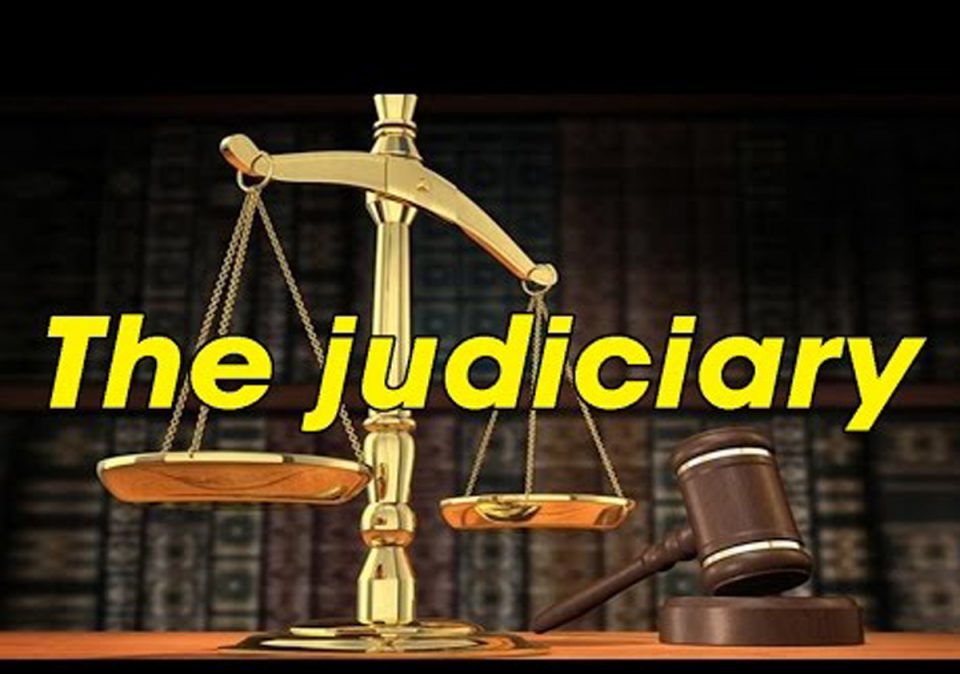The judiciary is widely regarded as the last hope for the common man. But, in Nigeria, the judicial system is bogged down by delay and inefficiency, as many politicians facing trial for corruptly enriching themselves while in office are exploiting loopholes and deliberately frustrating other parties to protract the matter for as long as possible. A publication by Human and Environmental Development Agenda, the fourth edition gives an update of some of the pending cases.
The fourth edition of the Compendium of 100 High Profile Corruption Cases in Nigeria recently presented to the public by the Human and Environmental Development Agenda (HEDA) is like a who’s who in the country’s political arena. The names on the list are politically exposed persons (PEPs) and members of the former ruling Peoples’ Democratic Party (PDP) and the ruling All Progressives Congress (APC). They are mostly former governors, former ministers, former and serving state and federal lawmakers, former top security chiefs, and former heads of government ministries, departments and agencies. Many of the personalities on the list of high profile corruption cases have defected from the PDP to the APC, perhaps hoping that their cases will be dropped or will be let off the hook with a light sentence and an option of paying a fine.
The judiciary is regarded as the last hope for the common man. But, in Nigeria, the judicial system is bogged down by delay and inefficiency. Many of the litigants in the HEDA list are exploiting loopholes and deliberately frustrating other parties to protract the matter for as long as possible. In his foreword to the publication, the Chairman of the Presidential Advisory Committee Against Corruption, Professor Itsejuwa Sagay said it is sad that less than five per cent of high profile public officers being prosecuted for corruption have so far been convicted. He commended HEDA for revealing the face of corruption in Nigeria through the compendium.
Corruption cases involving politically exposed persons in Nigeria runs into hundreds. The EFCC has recovered billions of naira in local and foreign currencies through non-conviction asset recovery action. Yet, progress has been very slow. It is in a bid to raise citizens’ awareness about the updates on pending key co




